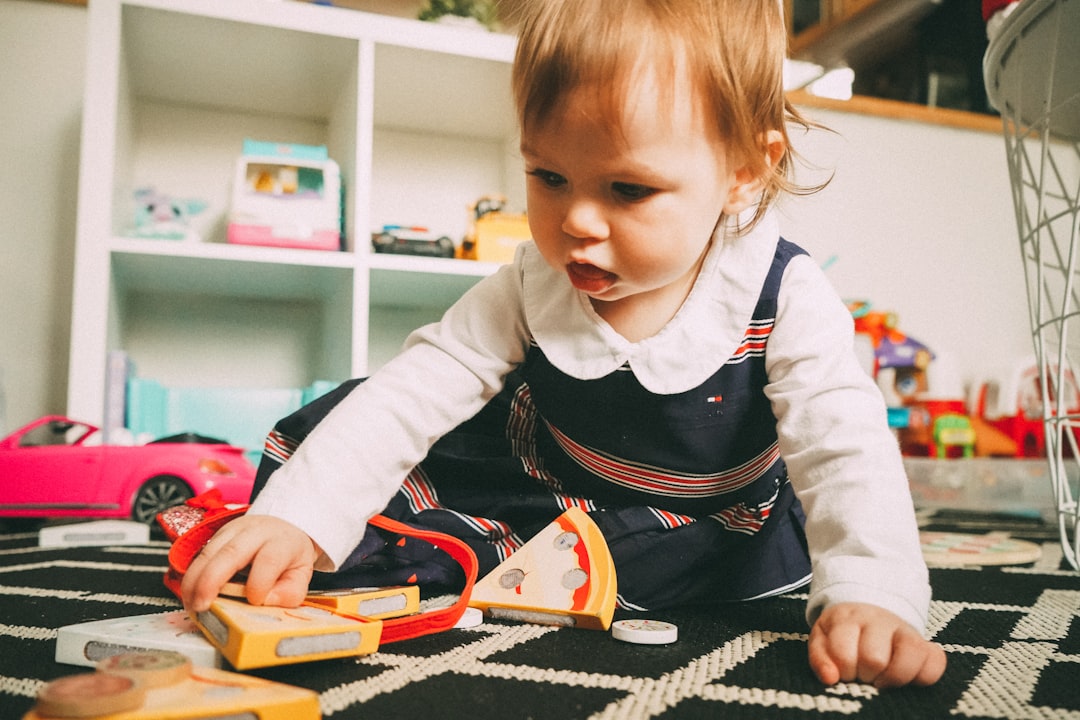Early childhood development is a fascinating journey that begins from the moment a child is born and continues through to their early school years. This critical period lays the foundation for cognitive, social, emotional, and physical growth, all of which are integral to a child’s future success. Understanding the nuances of early development can empower parents, caregivers, and educators to provide environments that nurture a child’s innate potential. This article delves into the pivotal components of early childhood development, offering insights and strategies to optimize this crucial growth phase.
The Science of Early Brain Development
The human brain undergoes its most rapid growth during the first three years of life. At birth, a baby’s brain contains nearly all the neurons it will ever have, but it is the connections between these neurons that really shape development. These connections, or synapses, are formed through everyday interactions and experiences. Nurturing, responsive care from adults creates a rich environment for these synapses to develop, which influences cognitive abilities, memory, and problem-solving skills. Engaging children in conversation, reading to them regularly, and providing a variety of sensory experiences can significantly enhance early brain development.
Emotional and Social Milestones
The emotional and social development of young children is deeply interconnected with their overall growth. The first five years are crucial for developing the ability to form secure attachments, manage and understand emotions, and begin to navigate social interactions. Secure attachments formed through consistent, loving care provide a foundation for healthy emotional development and resilience. Activities that promote empathy, such as cooperative play, storytelling, and role-playing, are essential in helping children learn to recognize and respond to the feelings of others.
The Role of Play in Learning
Play is not just a way to keep children entertained; it is central to their learning. Through play, children explore the world, learn to solve problems, develop motor skills, and gain critical social skills. Structured play, guided by an adult, and unstructured play, where children have the freedom to explore on their own, are both important. For example, building blocks might teach spatial relationships and problem-solving, while group games can teach children about taking turns and teamwork.
Nutrition’s Impact on Development
Proper nutrition is crucial for early childhood development. The brain grows at an explosive rate in the first few years of life, and the right nutrients can enhance this growth, while a lack of nutrients can hinder it. Essential nutrients such as omega-3 fatty acids, iron, zinc, and vitamins A, C, and D, play critical roles in cognitive development and physical growth. A balanced diet that includes a variety of foods can help support a child’s developmental needs. Moreover, mealtime routines can support social development by providing regular opportunities for communication and social interaction.
Early Education and Its Long-Term Benefits
Early childhood education programs offer more than a head start in academics; they lay a foundation for lifelong learning and success. High-quality preschool programs can improve social skills, reduce the need for special education in later schooling, and increase the likelihood of graduating from high school and attending college. These programs are especially beneficial for children from low-income families, providing them with opportunities that might not otherwise be available. Early education is not just about learning numbers and letters; it is about creating an environment where children can develop a love for learning.
The journey of early childhood development is critical and complex. By understanding and supporting this development, we can offer children the best start in life, paving the way for a bright and successful future.






